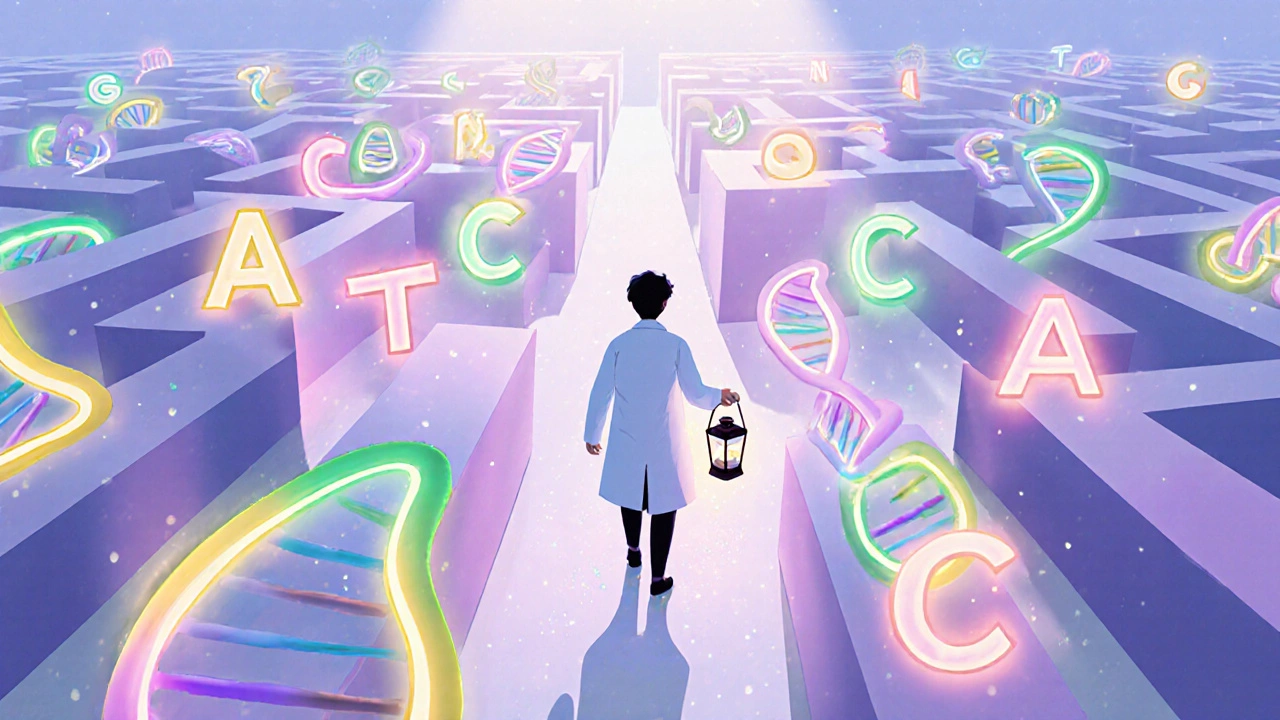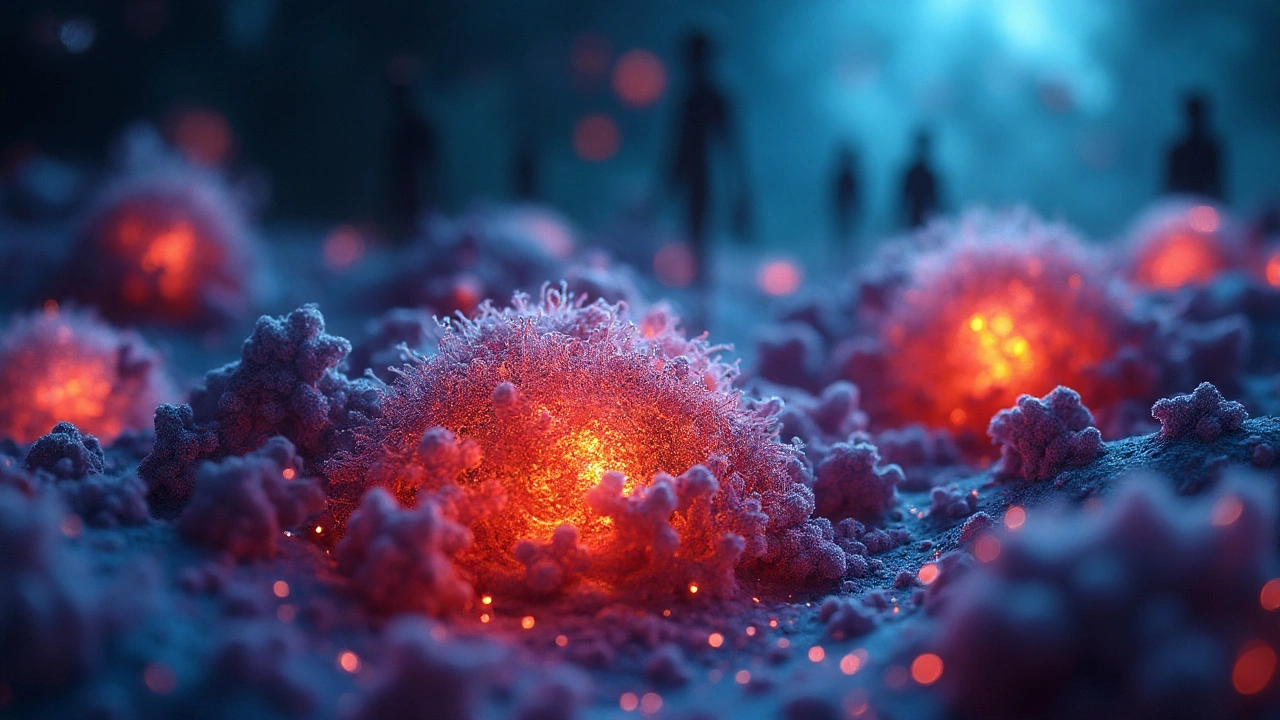Cancer Risk: Why It Happens and What You Can Do
Ever wonder why some people get cancer while others stay healthy? It’s not magic – it’s a mix of things you can see, change, and sometimes accept. Knowing the biggest risk factors helps you make smarter choices every day.
Biggest Things That Lift Your Cancer Risk
First up, smoking. Whether it’s cigarettes, cigars, or even a pipe, the chemicals in tobacco are top‑tier cancer makers. Quitting even a little can shrink your odds dramatically.
Next, diet. Eating a lot of processed meats, sugary drinks, and foods high in bad fats feeds the cells that turn rogue. Swapping in more fruits, veg, and whole grains gives your body the nutrients it needs to repair DNA.
Weight matters too. Carrying extra pounds, especially around the belly, raises risk for several cancers, like breast, colon, and liver. Losing even 5‑10% of your body weight can lower those odds.
Alcohol is another hidden culprit. A few drinks a day might sound harmless, but it adds up. If you can, keep it to one drink a day or less.
Finally, exposure to UV light and certain chemicals at work or home can spark skin and lung cancers. Using sunscreen, wearing protective gear, and checking workplace safety can keep you safe.
Practical Steps to Cut Your Cancer Risk
Start with a quit plan for smoking. Talk to a doctor about patches, gum, or counseling. Even cutting back a little is a win.
Refresh your plate. Aim for half your meals to be veggies or fruits, a quarter lean protein, and the rest whole grains. It’s easier than you think – add berries to breakfast cereal or swap white rice for quinoa.
Move more. You don’t need a marathon. A brisk 30‑minute walk most days works wonders for weight and hormone balance.
Limit booze. If you enjoy a drink, set a limit and stick to it. Alternate with water to keep your intake low.
Protect your skin. Slap on sunscreen with at least SPF 30 every morning, even if it’s cloudy. Wear hats and sunglasses when you’re out for long periods.
Get screened. Regular check‑ups catch problems early when they’re easier to treat. Talk to your doctor about mammograms, colonoscopies, skin exams, and any other tests that match your age and family history.
Know your family’s health story. Some cancers run in families because of genes. If you have close relatives with cancer, ask your doctor about genetic counseling.
Wrap it up: cancer risk isn’t set in stone. By tackling smoking, diet, weight, alcohol, UV exposure, and staying on top of screenings, you give yourself a solid chance to stay healthy. Small changes add up fast, so pick one habit today and stick with it. Your future self will thank you.

Cancer Genetics Explained: Essential Facts You Need to Know
A clear, practical guide to cancer genetics, covering hereditary risks, key genes, testing options, and steps you can take today.
Read More
How Carcinoma Interacts with Chronic Diseases: Key Links and Prevention Tips
Explore the scientific connections between carcinoma and chronic diseases, uncover shared mechanisms like inflammation and oxidative stress, and learn actionable steps to lower your risk.
Read More